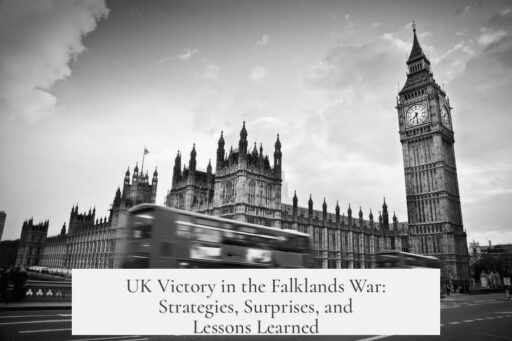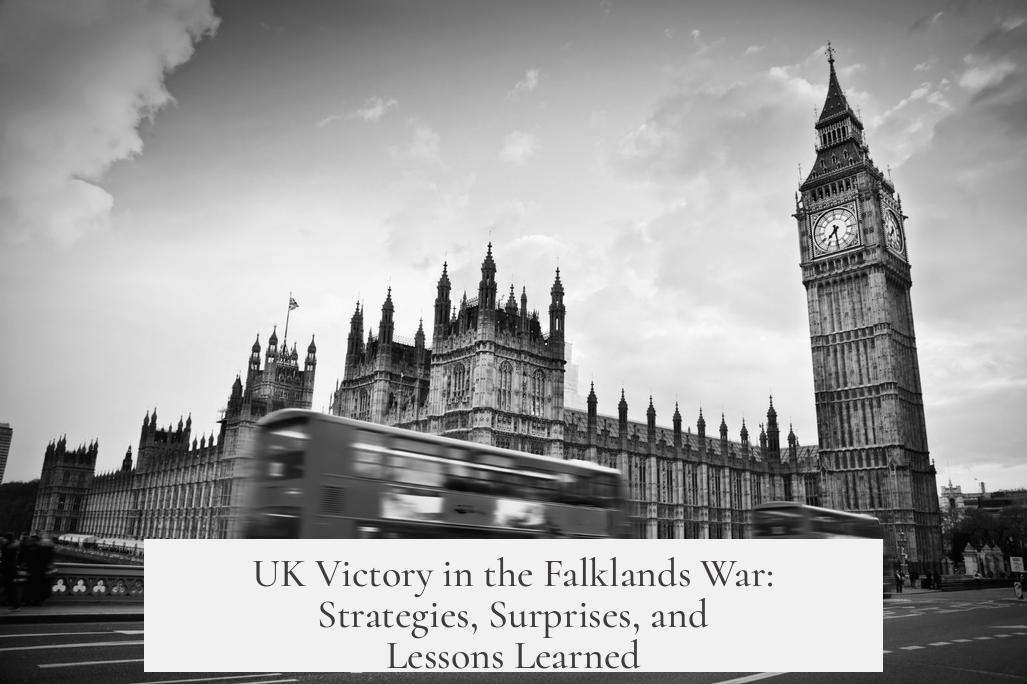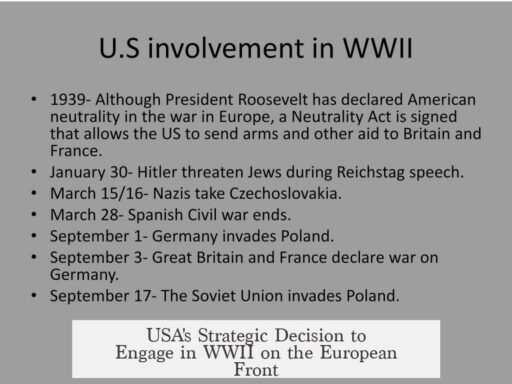The UK managed to win the Falklands War through superior military power, effective international diplomacy, and crucial regional support. Their victory was widely expected rather than a surprise, based on multiple strategic advantages and external factors.
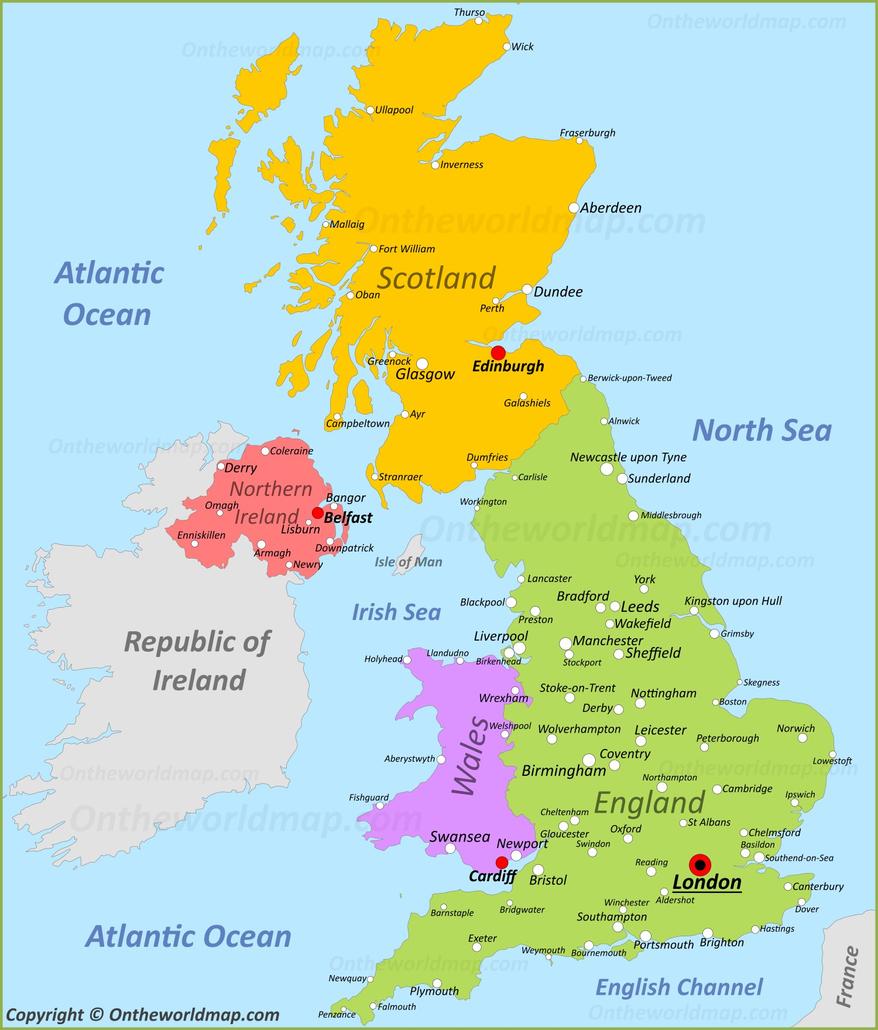
The British military remained strong in 1982 despite budget pressures. The Royal Navy ranked among the world’s best and excelled in NATO exercises, maintaining operational readiness. This strength underpinned the force projection necessary for a conflict 8,000 miles from the British Isles. The UK quickly augmented naval capabilities by mobilizing civilian vessels. Civilian ships, including merchant and private yachts, transported troops, supplies, and fuel. Some served as hospitals, enhancing medical care for wounded soldiers.
British troops were better trained and supplied compared to their Argentine counterparts. The Argentine forces included conscripts who often experienced internal conflicts and lower morale. The British deployed elite units like the SAS and Gurkhas. These special forces operated effectively in harsh conditions and long-distance deployments. Benefitting logistical reach from the use of Ascension Island, Britain cut its closest base-to-Falklands distance by half, facilitating resupply and refueling for naval and air forces.
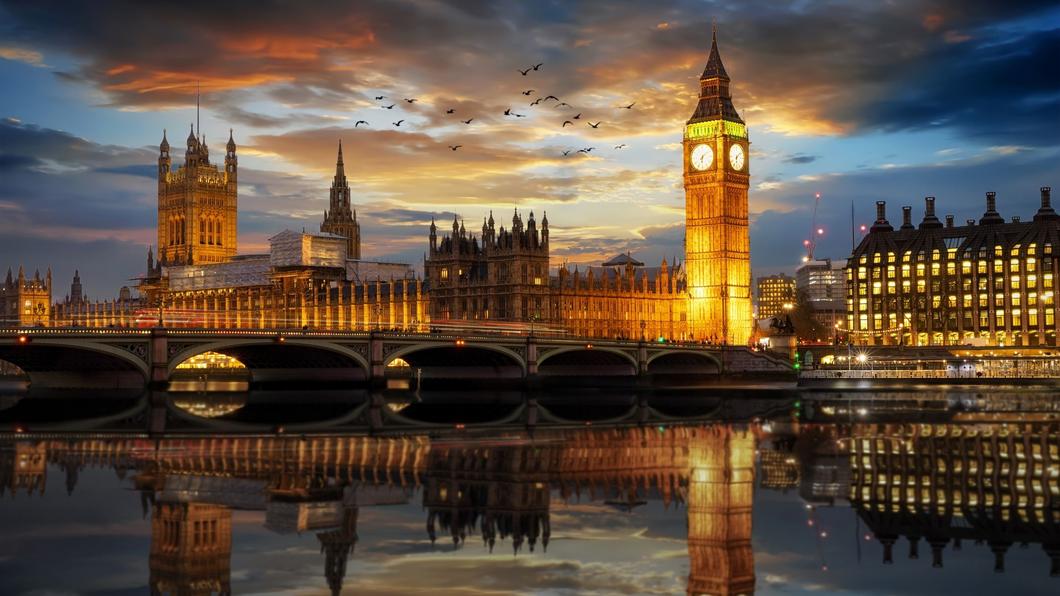
| Key Reason | Details |
|---|---|
| Military Strength | Royal Navy prowess, well-trained troops including special forces, superior logistics with Ascension Island support |
| Economic Mobilization | Quick civilian ship mobilization to supplement naval capacity for transport and support |
International support played a pivotal role. The United Nations Security Council condemned Argentina following a British and French-backed resolution. The USSR’s non-veto allowed this political support to solidify. Western nations imposed sanctions on Argentina, blocking supplies, funds, weapons, and ammunition. These sanctions limited Argentina’s ability to sustain military operations. France contributed more than political backing. It provided intelligence on Argentine weapons systems acquired from French manufacturers and dispatched aircrews to train British pilots on fighting Argentine aircraft.
The United States later joined sanctions and assisted the UK after diplomatic resolution attempts failed. This reflected Western alignment behind Britain’s sovereignty claim over the Falklands, intensifying the pressure on Argentina.
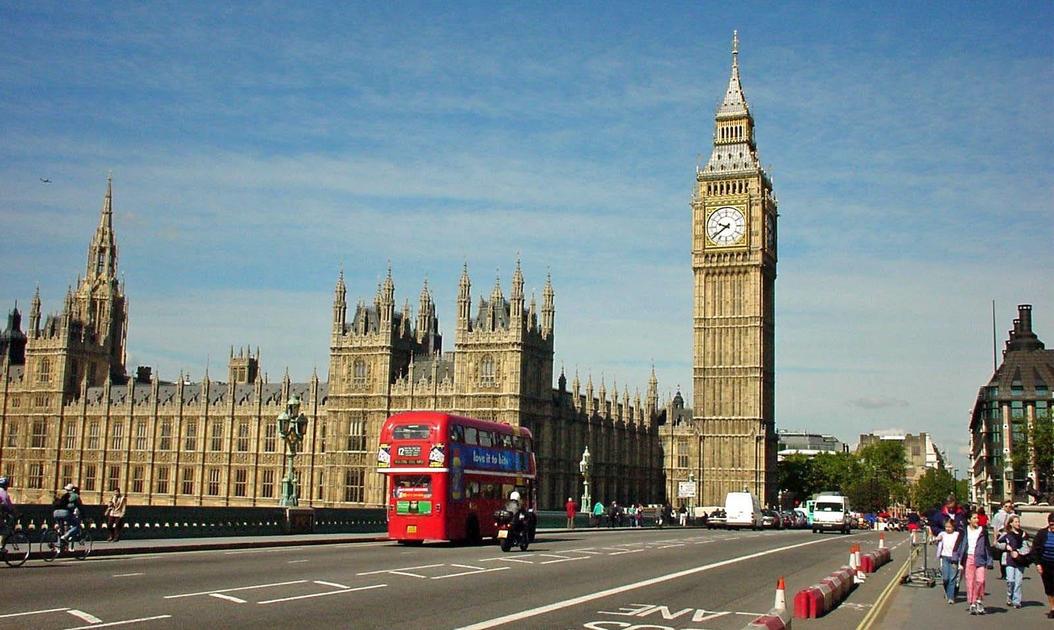
- UN Security Council condemnation, backed by France and USSR non-veto
- Sanctions from Europe, Commonwealth, and the US reducing Argentine military capability
- French military aid with training and intelligence sharing
Chile’s role was a strategic advantage often overlooked. Engaged in a territorial dispute with Argentina, Chile feared Argentine expansion if Argentina captured the Falklands successfully. Chile offered covert support that significantly aided British operations. It delayed delivery of naval vessels it purchased from Britain, returning them fully fueled for immediate use. Chilean authorities granted Britain access to its airspace, critical for SAS operations behind enemy lines.
Moreover, Chile continuously provided intelligence on Argentine movements and positions. This helped the British sink the Argentine cruiser General Belgrano, a turning point in the naval conflict. Beyond direct support, Chile’s decision to remain neutral kept Argentine troops tied down at the Chilean border. This redeployment prevented Argentina from amassing forces for the Falklands.
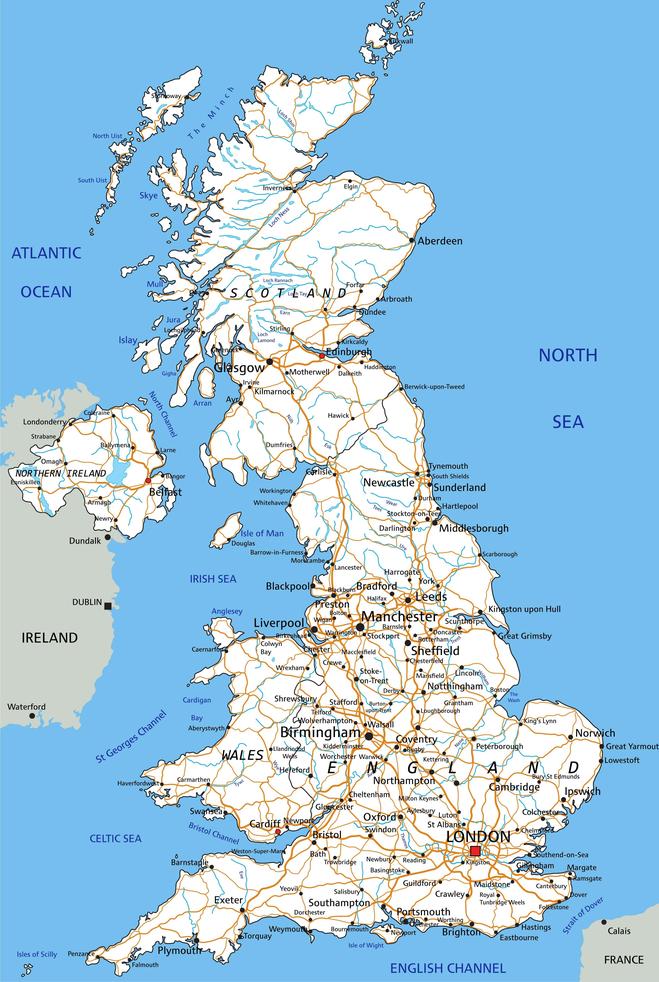
| Chilean Support | Impact |
|---|---|
| Covert logistical aid and airspace access | Enhanced British operational flexibility, especially Special Forces deployment |
| Intelligence sharing | Improved targeting and naval success (e.g., sinking of Belgrano) |
| Neutrality on border disputes | Diverted Argentine troops away from Falklands |
Overall, British victory was far from accidental. The integration of military strength, diplomatic efforts, international sanctions, and regional support created conditions favoring the UK. Primary accounts from the time indicate that the British government and military expected success. The UK’s rapid and coordinated response prevented Argentina from establishing a lasting occupation.
While some military challenges were unpredictable, the British government’s resolve and diplomatic skill ensured a favorable international environment. Effective planning and alliance management enabled the UK to overcome logistical hurdles and project force effectively.
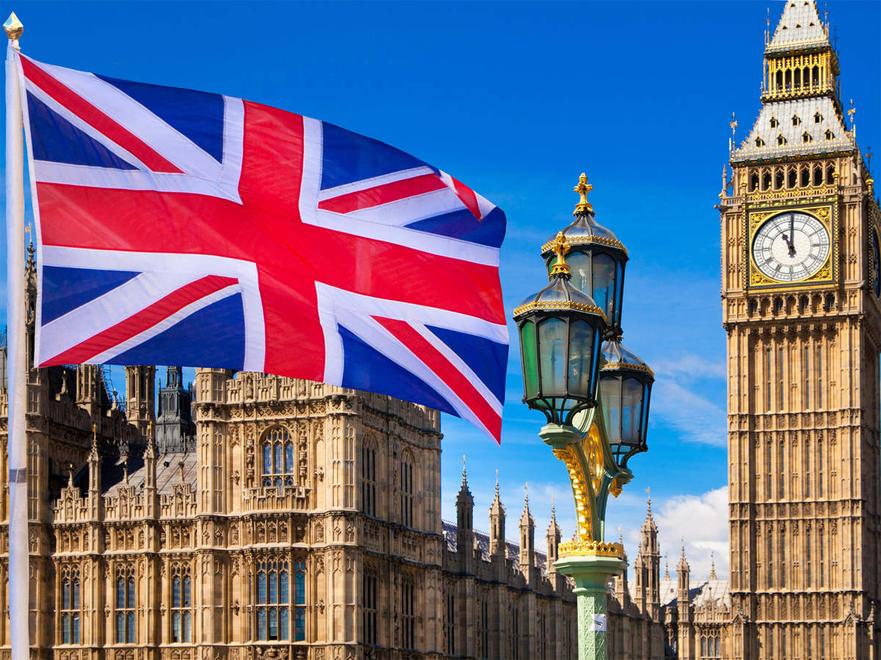
- British military superiority and well-trained troops crucial for combat success
- International condemnation of Argentina isolated it politically and economically
- France’s cooperation improved British defense against Argentine weapons
- Chile’s covert aid and neutrality weakened Argentine operational capacity
- British victory was expected based on combined strategic advantages
How Did the UK Manage to Win the Falklands War? Was Their Success a Surprise or a Given?
Imagine this: a small group of islands thousands of miles away becomes the stage for a heated conflict between Britain and Argentina in 1982. The question then is, how did the UK manage to win the Falklands War, and was their success a surprise or almost inevitable? Let’s unpack this fascinating story with a detailed look at what really tipped the scales in Britain’s favor.

First things first: the British victory was largely expected at the time. Reports and accounts from the era suggest that most observers, both inside and outside Britain, predicted the UK would reclaim the Falklands. However, expectations don’t win wars—execution does.
The Three Pillars Behind Britain’s Victory
The UK’s success rested on three crucial factors: military and economic power, international and regional alliances, and smart logistical and strategic moves.
1. British Military and Economic Muscle
Despite not being a global superpower anymore, Britain boasted a formidable navy. NATO military exercises regularly saw the Royal Navy outperform most other forces. Interestingly, planned budget cuts that could have weakened the navy were not yet implemented, giving Britain an edge during the conflict.
But raw military might was only one piece of the puzzle. Britain’s economic strength allowed it to rapidly mobilize a civilian fleet. Here’s a fun fact: the Royal Navy rented private yachts and cargo ships to ferry troops, supplies, and fuel some 8,000 miles to the South Atlantic. Some of these civilian vessels even doubled as floating hospitals to treat wounded soldiers.
In terms of troops, British forces were generally better trained and equipped. The Argentine side, by contrast, fielded a mix of regular soldiers and less-disciplined conscripts, who often clashed with their commanders. Meanwhile, British special forces like the SAS and Gurkhas adapted superbly to the tough conditions, showing they were no pushovers.
Geographical challenges didn’t stop Britain either. The use of Ascension Island, located halfway between Britain and the Falklands, cut the supply line in half, making operations far more manageable than it might otherwise have been.
2. International Support and Pressure
Winning wars isn’t just about guns and ships—it’s about diplomacy too. Britain skillfully rallied international support. With significant help from France, the UK secured a United Nations Security Council resolution condemning Argentina’s invasion. The interesting twist? The USSR, typically a supporter of Argentina’s cause during the Cold War, surprisingly did not veto the resolution.
Economic sanctions hit Argentina hard. European nations, Commonwealth members, and eventually the US slapped restrictions on Argentina, blocking vital funds and defense supplies. America’s decision to join the sanctions and provide intelligence was a diplomatic coup for Britain.
France, having previously sold Argentina weapons, wasn’t standing idle either. They deployed aircrews to train British pilots in combat strategies against Argentinian-made aircraft. Plus, they shared valuable intelligence on the systems Argentina had bought from them—insider knowledge like this is pure Olympic gold in warfare terms.
3. Chile: An Unsung Hero of the Conflict
Chile’s role in the war might surprise many. Locked in their own territorial dispute with Argentina, Chile feared that a victorious Argentina would next set their sights on Chilean lands. This motivated Chile to lend clandestine support to Britain.
Chile’s covert help was invaluable. The country delayed handing over certain shipping vessels it had bought from Britain, returned them fully fueled, and allowed British planes and special forces to use Chilean airspace. Moreover, Chile passed crucial intelligence that helped the British sink the Argentinian cruiser General Belgrano, a significant blow to Argentina’s naval capabilities.
The mere uncertainty about Chile’s stance made the Argentine Junta uneasy. Instead of deploying well-trained troops to the Falklands, Argentina stationed them on the border with Chile, spreading their forces thin and weakening their overall position.
So, Was Britain’s Victory Surprising?
Given all these factors, British success was more a product of careful planning, international alliances, and military strength than sheer luck.
However, the rapid distance, challenging weather, and logistics made any victory daunting. Many might have doubted Britain’s ability to pull off a remote amphibious campaign. The personal stories of soldiers braving harsh conditions add an element of drama and unpredictability that nearly reshaped the narrative.
In this light, the British victory in the Falklands War was never a guaranteed walk in the park, but a result of strategic advantage, strong alliances, and top-notch military professionalism.
Lessons and Takeaways
- Strategic alliances matter. Britain’s coalition-building and diplomatic skills were as crucial as her military prowess.
- Preparation and training pay off. The British troops’ superior discipline and special operations capabilities show the dividends of quality training.
- Resourcefulness is key. Mobilizing civilian assets and using Ascension Island shows creative problem-solving can overcome geographic challenges.
- Don’t underestimate smaller players. Chile’s quiet support and strategic positioning shaped the conflict more than most outsiders realize.
Looking back, the Falklands War is a fascinating case of how a determined island nation reclaimed distant territory by using a mix of hard power, alliances, and tactical ingenuity. Not exactly a guaranteed victory, but certainly no fluke.
How did Britain’s military strength contribute to their victory in the Falklands War?
Britain had a strong navy, considered one of the best in NATO. The navy was well-trained and equipped due to delayed budget cuts. British troops were also better trained and supplied, including elite SAS and Gurkha units.
What role did international support play in the UK’s success?
The UN condemned Argentina, backed by France and without USSR veto. Western nations and the US imposed sanctions on Argentina. France also helped by training British forces on French-made Argentine weapons and sharing intelligence.
Why was Chile’s support important to the British campaign?
Chile, fearing Argentine aggression, gave covert aid. It let Britain use its airspace and passed vital intelligence. Chile’s refusal to side with Argentina forced Argentina to keep troops at their border instead of the Falklands.
Did British success in the Falklands War come as a surprise?
No, primary accounts show a British victory was expected. Britain’s military, economic power, international alliances, and strategic support all pointed to success.
How did Britain overcome the challenge of the long distance to the Falklands?
Britain used Ascension Island as a staging base, cutting travel distance by half. They also rented civilian ships for transport and supply, boosting their naval capacity quickly and efficiently.
